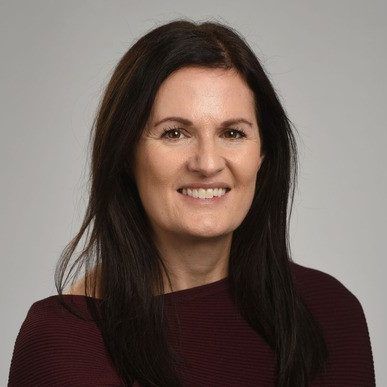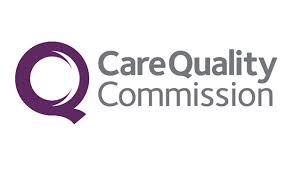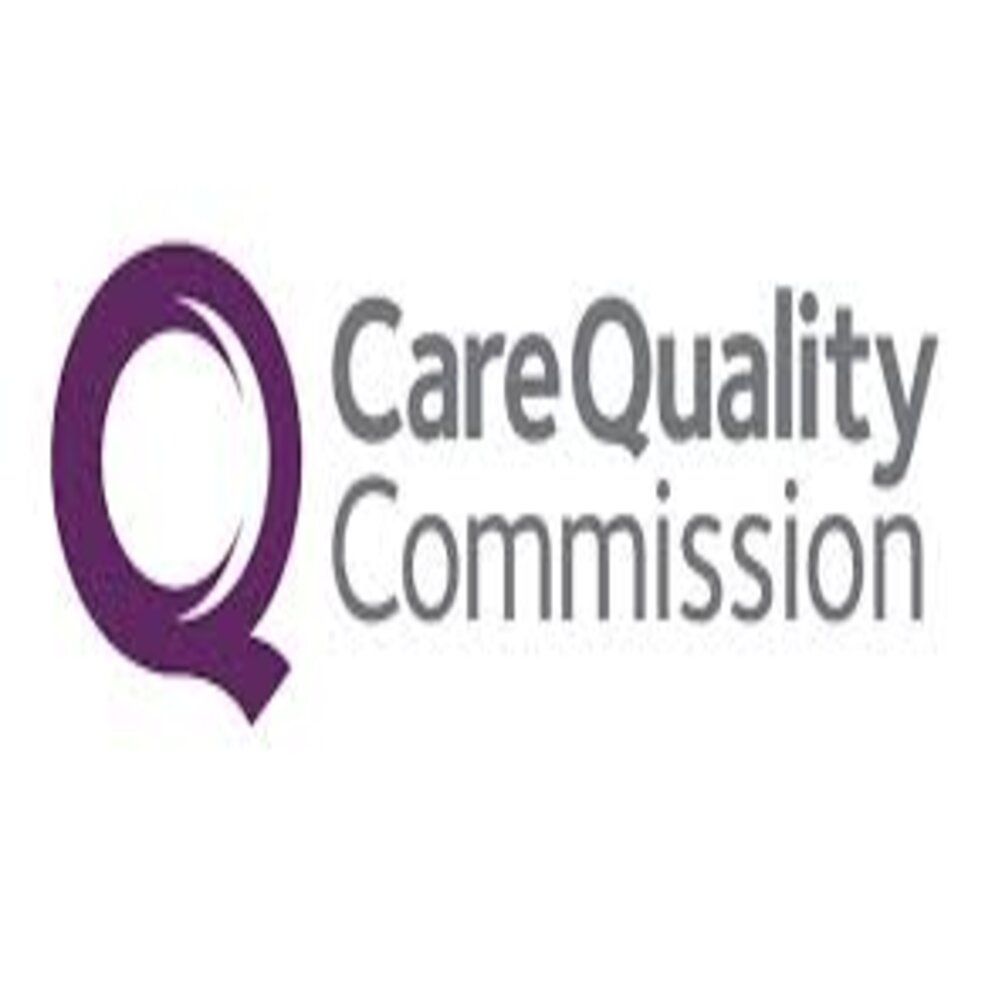I want to start with an apology. We’ve got things wrong in the implementation of our new regulatory approach. I know that the changes we’ve delivered so far are not what we promised. It’s made things more difficult than they should be. We’re not where we want to be, and we’re determined to put things right.
Our purpose and mission remain unchanged. We’re confident that the strategy we set out in 2021 is the right one. It will allow us to be a smarter regulator, ultimately to improve the lives of people who use services. Colleagues and I recognise, though, that the challenges in implementing our new assessment approach means that we’re not yet delivering this.
I know how important it is to the public, to providers and the whole health and social care system to really understand the quality of care. This applies across a pathway and in a place, as well as within individual services. We want our new assessment approach to deliver this but we have more work to do to get there.
Technical issues and challenges with the provider portal mean that some providers are still not able to have a good experience. We are also aware many providers have experienced delays in registering with us.
On top of this, the changes in how we manage relationships have left many providers feeling unsupported.
Many of the issues we’re experiencing now were anticipated and flagged by providers and our own people. We didn’t listen properly or take on board these concerns, and that’s why we’re where we are now. Though there was significant engagement and co-production of the high-level elements of our approach, we didn’t follow that process into the detail of how we’ll assess providers.
I know that, for some of you, we’ve lost your trust because of this. I’m sorry.
I stepped into the role of Interim Chief Executive at the beginning of this month, following Ian Trenholm’s resignation. With my new role comes my commitment to urgently and rapidly improve how we’re using our regulatory approach and to making the changes we need to steer us in the right direction.
We want to use the passion and expertise of our people, and the willingness of partners, providers, and people who use services to collaborate with us to get back on track. We’ll be delivering co-production sessions and regional roadshows to engage on all the below and get your ideas. We’ll clearly communicate what we’re doing, and why.
We have 3 urgent and immediate areas of action:
Improve how we’re using our regulatory approach
- We'll increase and improve the support and guidance for providers on our regulatory approach.
- We’ll increase the number of assessments and inspections we’re doing. We'll share more detail on how we plan to do this, soon.
- We’ve already increased the number of people working in registration and are working to get to any outstanding registration applications as soon as possible. You should soon start to see improvements in registration waiting times.
Fix and improve our provider portal
- We’ll continue working with providers to identify improvements that can be made to the portal and to design solutions together.
Rethink our ways of working
- We’ll be testing a new approach to relationship management that enables a closer and more consistent contact point for providers and we will further develop this in partnership with providers.
This is just the start. I want to work with people who use services, providers and partners to agree more actions and develop solutions together.
I have worked in the health and social care sector since my first job as a carer at 18. I've never lost sight of the need for high-quality, person-centred care. I’m clear that as a regulator, we’re here on behalf of people using services and it’s our role and responsibility to share best practice that is making a difference to people’s lives as well as to call out poor-quality care.
We have the strategy, great people, and honest feedback from partners to enable us to be the strong regulator that people who use health and care need us to be. Getting these changes right will help providers deliver better care. I hope that you’ll allow us to work with you to rebuild trust to achieve this.
























